Search

In an Argentina divided between a deep conservatism and an unprecedented momentum in feminism, the film delves into the political journey and intimate lives of Claudia and Violeta. Trans women who identify as transvestites, the fight they lead with their comrades against the patriarchal violence is visceral and embodied. Convinced of their roles at the center of an ongoing revolution that intersects with so many struggles, in defiance of the old world they redouble their energy to invent a new present, to love and stay alive.

The film tells about the tragedy of the Vuong Dinh family, where the head of the family often uses magic charms to control the members. The mother, because of the patriarchal habit, respects men and despises women, and is ready for her son without any tricks. Even though I have to pay the price for my actions, tormented by my sins, but deep inside is still a mother’s sacred maternal love, unconditional love of a mother.

A thirty-year old woman, wanting a child, decides to apply for a husband through a marriage agency. She finds one in Andrei, a boastful and patriarchal veteran of the Afghan war. They struggle financially, and after meeting up with an old war buddy, Andrei disappears. Galina is bereft, pregnant, lost. What will become of her as the country is torn apart by civil war?

The year 2000 approaches in Jerusalem’s Orthodox Mea Shearim quarter, where the women work, keep house, and have children so the men can study the Torah and the Talmud. Rivka is happily and passionately married to Meir, but they remain childless. The yeshiva’s rabbi, who is Meir’s father, wants Meir to divorce Rivka: “a barren woman is no woman.” Rivka’s sister, Malka, is in love with Yakov, a Jew shunned by the yeshiva as too secular. The rabbi arranges Malka’s marriage to Yossef, whose agitation when fulfilling religious duties approaches the grotesque. Can the sisters sort out their hearts’ desires within this patriarchal world? If not, have they any other options?

The local train is a sight to behold in the morning, overloaded with crowds fighting to get inside. A special compartment reserved for women appears as a temporary oasis – a haven for solitude and contemplation. Director Rebana Liz John questions the women, who reveal what it means to keep ambitions alive within an oppressive patriarchal system. Black and white imagery evocatively captures the details of the women’s experience in this world. They reflect on their lives, across generations, with humour, disappointment and defiance, forming a complex tapestry whose common ground is endurance and survival.

Filmmaker-actor couple, Tithi and Farhan, are subjects of criticism and trolls for not taking baby in a patriarchal society. Tithi doesn’t succumb to the pressure of social validation and decides to have a baby when the time is right for her, but the question never ends for her.

A Bedouin village in Northern Israel. When Jalila’s husband marries a second woman, Jalila and her daughter’s world is shattered, and the women are torn between their commitment to the patriarchal rules and being true to themselves.

This is the extraordinary true story of Trudy Ederle, the first woman to successfully swim the English Channel. Through the steadfast support of her older sister and supportive trainers, she overcame adversity and the animosity of a patriarchal society to rise through the ranks of the Olympic swimming team and complete the 21-mile trek from France to England.
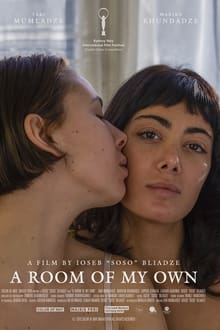
Tina, a young woman who has lost her way in life, rents a room from the vibrant Megi, thanks to whom she gradually starts to discover what it’s like to be free and to be able to make her own decisions without being reliant on men… Self-assured in its directorial style, this authentic film portrays millennials in contemporary Tbilisi and points to the influence of patriarchal thinking on Georgian society.
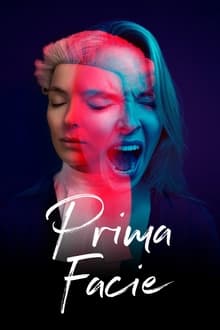
Tessa is a young, brilliant barrister. From working class origins, she has reached the top of her game. An unexpected event forces her to confront the lines where the patriarchal power of the law, burden of proof and morals diverge.
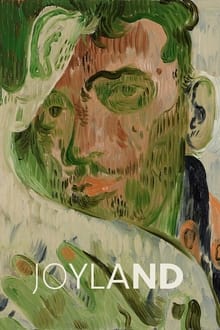
As a patriarchal family yearn for the birth of a baby boy to continue their family line, their youngest son secretly joins an erotic dance theatre and falls for a transgender starlet.
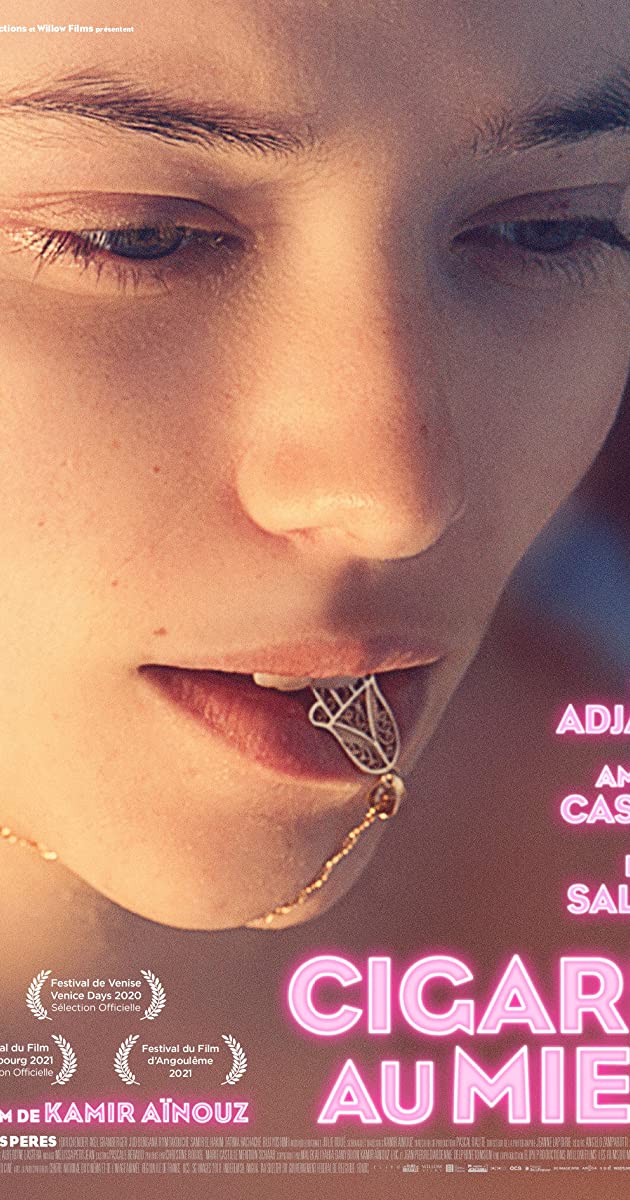
Paris, 1993. Selma, 17, lives in a bourgeois and secular Berber family. When she meets and is strongly attracted to Julien, a dashing young man, she realizes for the first time the heavy rules of her patriarchal family and how they affect her intimacy. As Islamism takes over her country of origin and her family crumbles, Selma discovers the power of her own desire. She must resist and fight. Through the strength of her people, she starts walking down the path of what it means to become a free woman.
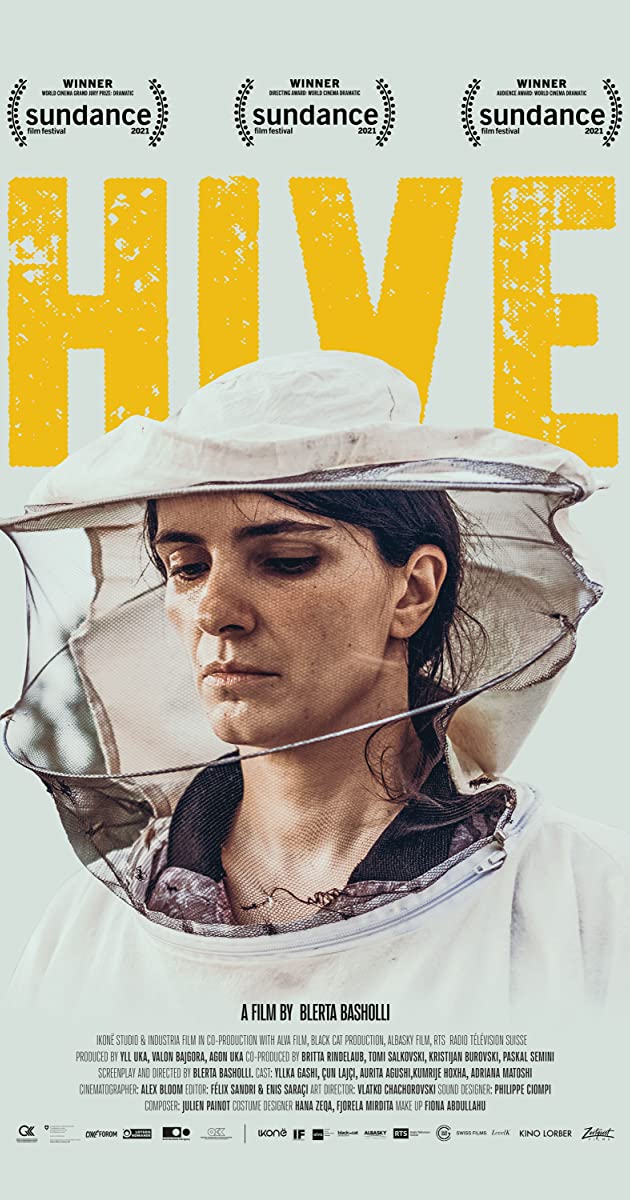
Fahrije’s husband has been missing since the war in Kosovo so she sets up her own small business to provide for her kids, but as she fights against a patriarchal society that does not support her, she faces a crucial decision: to wait for his return, or to continue to persevere.
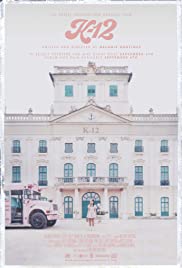
Cry Baby, a strong and sensitive girl, is sent off to a disturbing sleepaway school that’s hidden underneath a grandiose façade. Luckily, she has a sweet and unapologetic best friend who sticks up for her when she gets bullied by the other students whose brains are under control by the Principal and his wicked staff. With the help of the magical friends they meet along the way, as well as an Angelic Spirit Guide, they are able to gain the strength they need to fight off the school’s belligerent patriarchal conditioning.

On the east coast of New Zealand, the Whangara people believe their presence there dates back a thousand years or more to a single ancestor, Paikea, who escaped death when his canoe capsized by riding to shore on the back of a whale. From then on, Whangara chiefs, always the first-born, always male, have been considered Paikea’s direct descendants. Pai, an 11-year-old girl in a patriarchal New Zealand tribe, believes she is destined to be the new chief. But her grandfather Koro is bound by tradition to pick a male leader. Pai loves Koro more than anyone in the world, but she must fight him and a thousand years of tradition to fulfill her destiny.
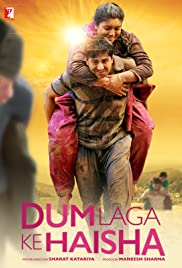
Prem Prakash Tiwari (Ayushmann Khurrana) listening to Kumar Sanu is the film’s opening shot. Set in Haridwar, 1990s, the film captures the nascent feel of the town. Prem owns a cassette shop in the local market. His father is keen to get him hitched and the family goes to a local temple to meet Sandhya (Bhumi Pednekar). B.Ed, waiting for a teaching job, the most visible thing about her is her weight. Coming from a patriarchal cognitive set-up, she doesn’t fit the quintessential idea of beautiful. And still, the school drop out Prem must marry her because he is incapable of attaining a girl with ‘Juhi-Chawla-level-of-looks.’ In an elaborate community-wedding ceremony, Prem and Sandhya get married. Their wedding night is uncomfortable with neither treading towards establishing conjugal relations. Prem has in his own reasons and the girl is naturally shy. Next morning on a call, she announces it to a friend and the whole family finds out

An accident during a bar mitzvah celebration leads to a gendered rift in a devout Orthodox community in Jerusalem, in this rousing, good-hearted tale about women speaking truth to patriarchal power.
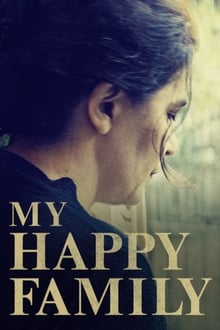
Tbilisi, Georgia, 2016: In a patriarchal society, an ordinary Georgian family lives with three generations under one roof. All are shocked when 52-year-old Manana decides to move out from her parents’ home and live alone. Without her family and her husband, a journey into the unknown begins.